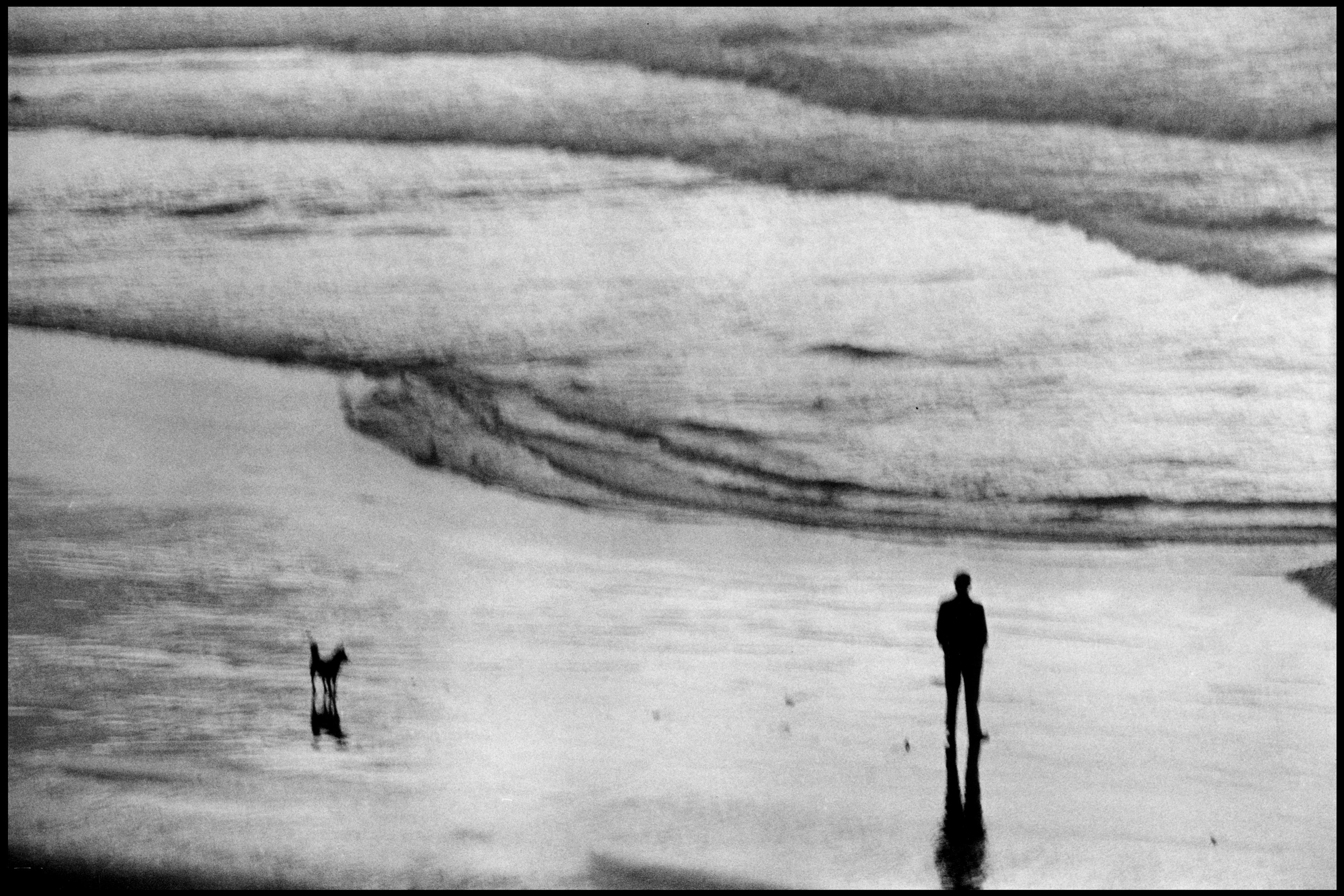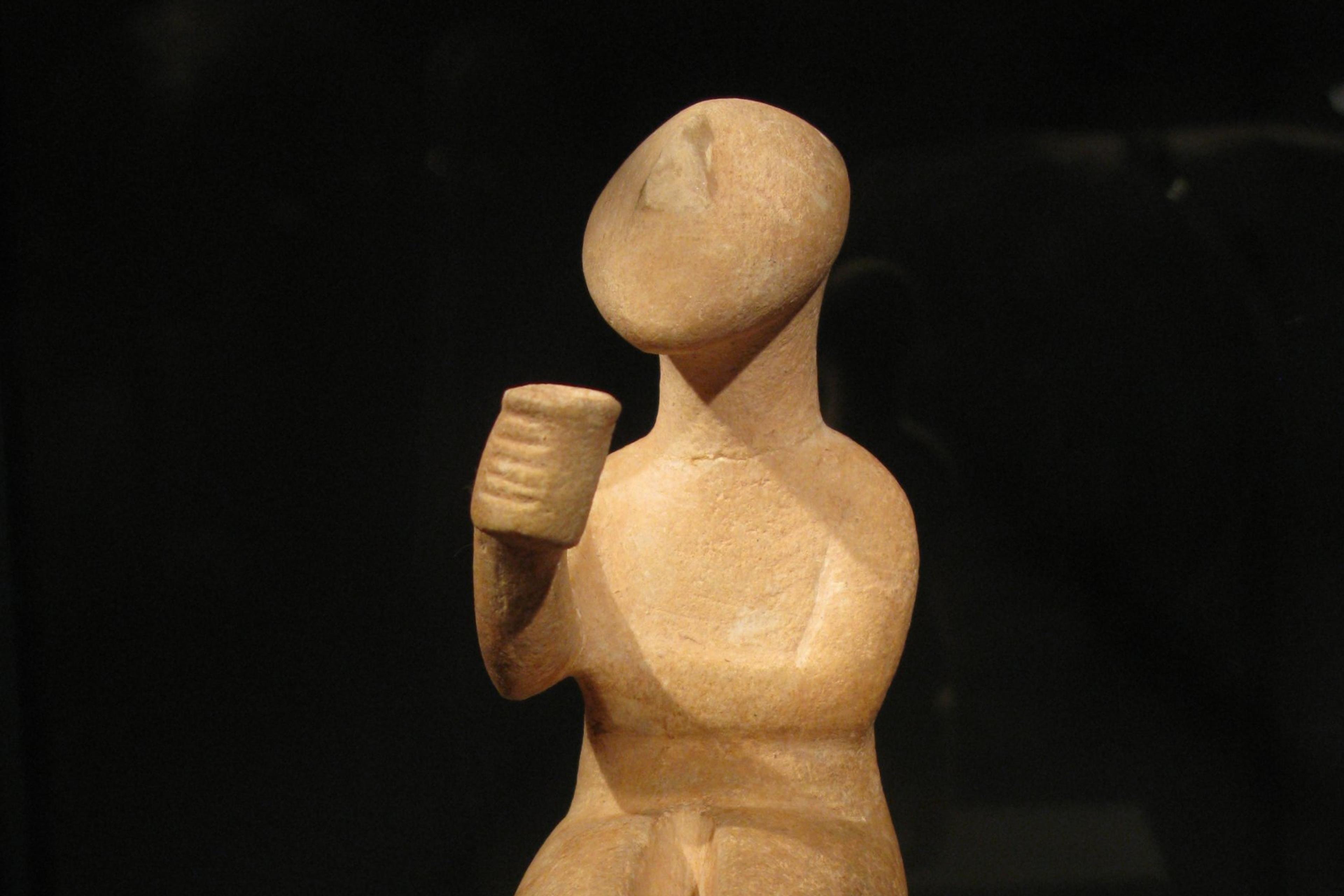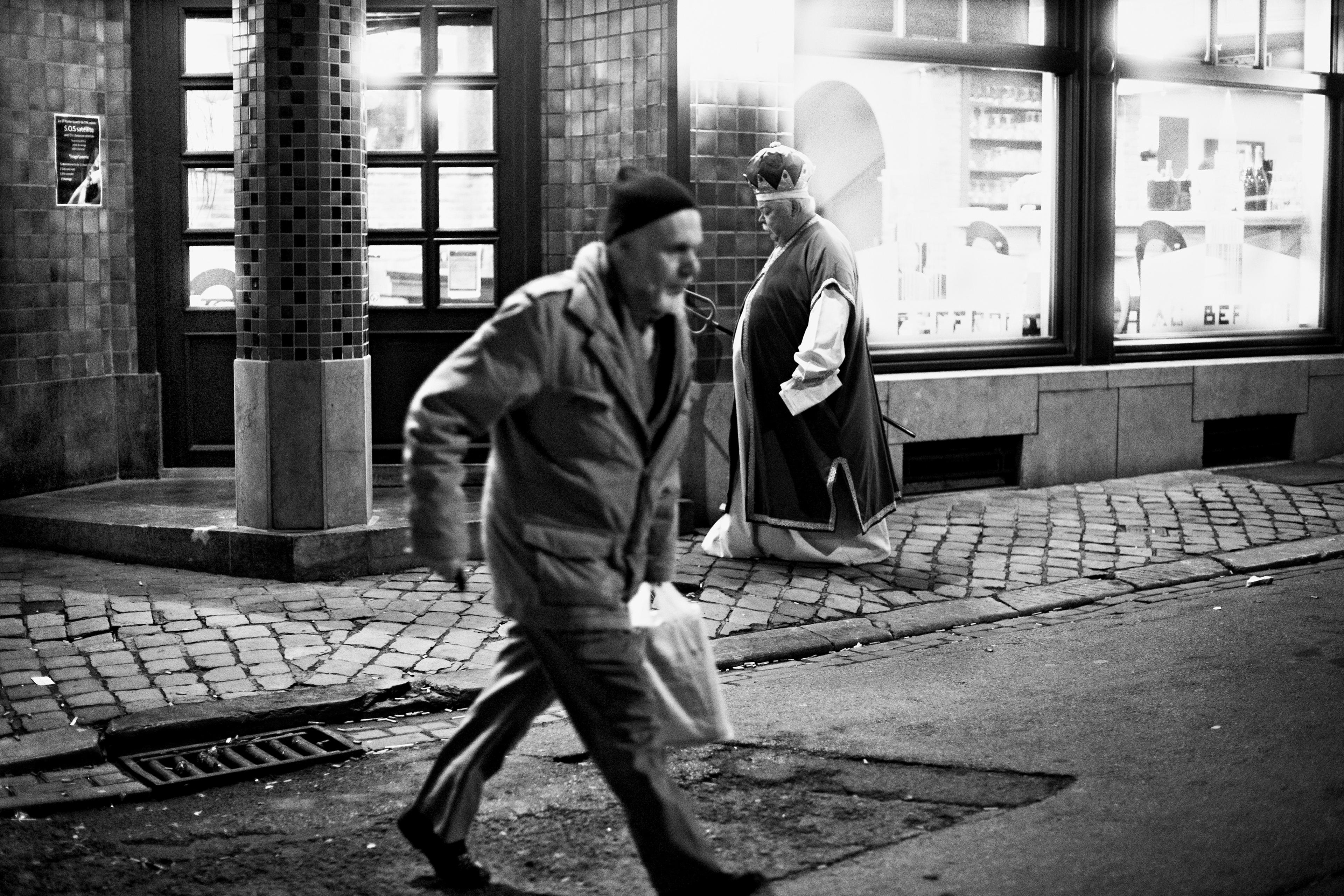In reflecting on important events and their implications, we often find ourselves saying things like ‘It hasn’t sunk in yet,’ ‘It’s still sinking in,’ and ‘It’ll take time to sink in.’ This sort of talk is more than a common turn of phrase. It in fact concerns an important aspect of our emotional life, one that has been neglected. Perhaps the main reason for its neglect is that ‘sinking in’ is a process that often unfolds over long periods of time. As such, it falls outside of the two main categories that are used for thinking about emotional experience: episodic emotions and moods.
There is a tendency in the philosophical literature on emotion to focus on brief emotional episodes, such as ‘John is afraid of the dog,’ ‘Jane is happy that it is her birthday,’ and ‘Sarah is angry about Tim’s behaviour.’ We find a similar tendency in the scientific literature, much of which emphasises emotional episodes and the components they incorporate. For example, in an influential article in 2005, the psychologist Klaus Scherer describes an emotion as ‘an episode of interrelated, synchronised changes’ elicited by a significant stimulus. Episodic emotions tend to be distinguished from moods, which last longer and are also less specifically focused – while we might be momentarily angry about something in particular, a lingering bad mood envelops a wider situation.
However, neither of these categories accommodates the experience of something ‘sinking in’. It does not consist of a brief episode, a sequence of discrete episodes, or an enduring mood. Rather, it is a dynamic, temporally extended process, which is often experienced as a process – it can feel as though something is still sinking in, or hasn’t yet sunk in. By reflecting on this process, we can gain important insights into the nature of human emotional experience, which serve to challenge certain established ways of thinking about emotion.
First of all, what exactly is it that takes time to sink in? Talk of things sinking in always concerns important events and their effects. What sinks in could be a bereavement, a lottery win, a breakup, the birth of a child, a sporting victory or defeat, the loss of a job, a medical diagnosis. It could be something that impacts upon other people as well, sometimes others in general – two planes have hit the Twin Towers; the Queen is dead; the country is in lockdown; there is war in Europe. Sometimes, what has to sink in is the increased or decreased likelihood of a situation or event, rather than something that has already happened – this illness might be serious; we might lose our home; I could lose my job. What once seemed certain is now precarious, and it often takes time for us to appreciate that.
The common theme is that, in the wake of significant change, we need to catch up with an altered reality. This is not something that can be captured by appealing to however many emotions or moods, or by identifying a singular emotional quality common to all sinking-in experiences. How the relevant events matter to us varies considerably, and so our responses can involve any number of different, even contrasting, emotions. There is no consistent emotional quality to be found. Furthermore, sinking in is experienced dynamically – it involves the unfolding of a process and the experience of its unfolding, rather than a sequence of separate emotional episodes or a sustained, unchanging mood.
What, then, does sinking in consist of, and what might this tell us about the nature of human emotional experience? When something hasn’t sunk in, what is lacking is a form of conviction – a full appreciation of what has happened and its implications. One’s situation can even appear somehow dream-like, unreal, like being in a film.
This is not a straightforward matter of not yet believing what has happened. In the event of a significant bereavement, for instance, one can know full well that the person is dead, that one will never see them again, that we will never do all these things together again. The proposition ‘they are dead’ may well be endorsed with complete confidence, along with numerous associated propositions. In this sense at least, the required beliefs are already established. Another possibility to consider is that, despite our holding true beliefs, it continues to ‘feel’ otherwise. That may well be so, but unqualified talk of feeling does not account for how everything can seem strange, unfamiliar, even unreal. It does not serve to illuminate the relevant experience.
What is required is a broader perspective upon human experience. Consider how we experience our surroundings during the course of mundane, everyday life. We do not first of all survey a neutral, objective manifold reality and only afterwards assign value or significance to the things we encounter. Instead, our surroundings are imbued with various different kinds of significance from the outset. An organised arrangement of kitchen utensils appears immediately relevant to the task of making breakfast; the speeding car appears dangerous; a favourite café offers the prospect of uplifting conversation.
The significance that things possess is, in part at least, a reflection of the ways in which our lives are structured. That something matters to me in a particular way can depend on my having that job, that relationship, those projects, and those possibilities. Hence, an organised, practically meaningful world that I take for granted as a backdrop to my experiences, thoughts and activities already reflects the distinctive structure of my life.
The point applies equally to habitual patterns of thought and activity, which similarly reflect how our lives are organised. It even extends to our ability to move seamlessly between perceptions, thoughts, memories, imaginings and actions. For example, perceiving something might prompt me to think about something else, which leads me to remember something that I have to do. The appropriateness of these dynamic associations depends on how my life is structured – how my projects, plans, relationships and commitments hang together. A vast web of associations thus rests upon something contingent and fragile.
When someone close to us dies, when long-term projects collapse, or when political upheaval disrupts established practices, many things cease to matter in the ways they did. The established patterns of a life are disturbed. But we cannot adapt to all of this in an instant, simply by revising all of our explicit linguistic beliefs. Much of the old organisation lingers on, in the guise of a world that we continue to experience and in habitual patterns of thought and activity that our surroundings continue to elicit.
Let us return to the example of bereavement. They are dead, but I can still see their clothes in the wardrobe, waiting to be worn. That is still the sofa where we sit, and that is still the path where we walk together in the evenings. Even though I know full well that the person is gone, my experienced surroundings continue to embody a life structure that includes them. My world is still saturated with significant possibilities involving them. Together, these possibilities amount to a diffuse sense that they are still here, which endures despite my explicit acknowledgement to the contrary.
So, fully acknowledging the impact of significant events is not just a matter of appreciating how they fit into a world where we continue to reside. Sometimes, we are faced with events that undermine the very world in which those events are experienced as occurring. This, as I have argued in my latest book Grief Worlds (2023) and elsewhere, is a distinctive and important aspect of human emotional life. It is also something that complicates philosophical conceptions of belief. Believing that something exceptionally important has happened could be construed in terms of coming to endorse the relevant propositions, recognising the reality of one’s situation by revising pervasive patterns of expectation, or both. Without further clarification of where belief is located in all of this, we are left with seemingly paradoxical talk of knowing without doubt that something is true and yet finding it utterly impossible.
It is through temporally extended emotional processes – often riddled with tension and conflict – that we eventually come to recognise, understand and adapt to significant life changes. The dynamism of these processes is something that we experience. It can feel as though something has not yet sunk in and our current emotional response is inadequate to what has happened. The experience includes some sense of what is still to come and, with this, of its own incompleteness.
Hence, the emotions that matter to us most are not fleeting episodes that leave our world unchanged, but protracted engagements with the wide-ranging implications of events. As Martha Nussbaum recognises in her book Upheavals of Thought (2001), an emotion is neither a cold, detached judgment nor an unthinking feeling, but a dynamic, intelligent process that spans our ‘whole cognitive organisation’, indeed our whole being.
Some emotional processes have established names, as with grief and guilt. Others are described in terms of several different emotions, as when worry leads to fear, then dread, then terror, and finally relief. However, we will not come to appreciate the nature or role of emotional experience simply by identifying, distinguishing and labelling its various components. What is needed is a more dynamic, holistic perspective that emphasises the movement of emotion over time and how it relates to the changing organisation of a human life.
This perspective can also aid us in understanding other, related aspects of emotional experience. For instance, an emotional process does not always conclude with something sinking in fully. Sometimes, we even engage in activities that serve to resist or avoid the reorganisation of a world. Consequently, events in our biographies can remain in tension with how we experience and engage with situations. It sometimes feels as though certain matters remain unresolved, that there is more coming, that something lurks in the background of our lives. What does not sink in can continue to haunt us.








